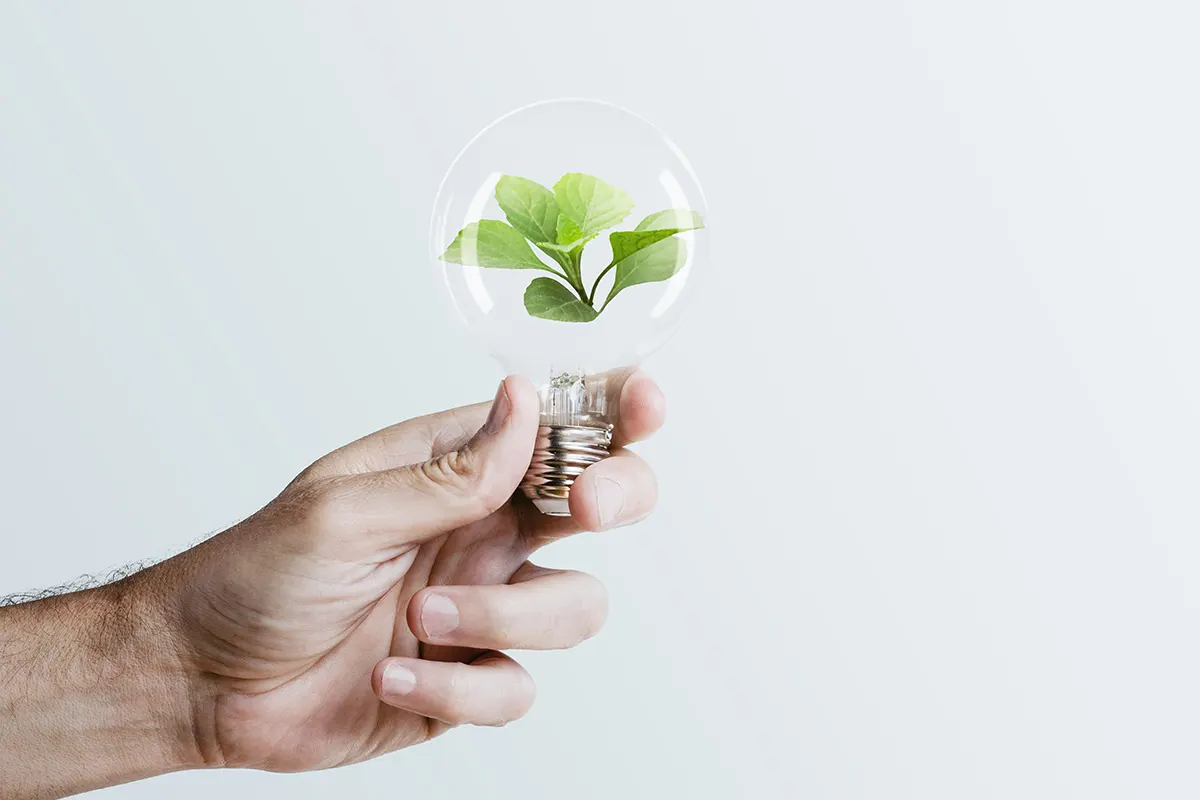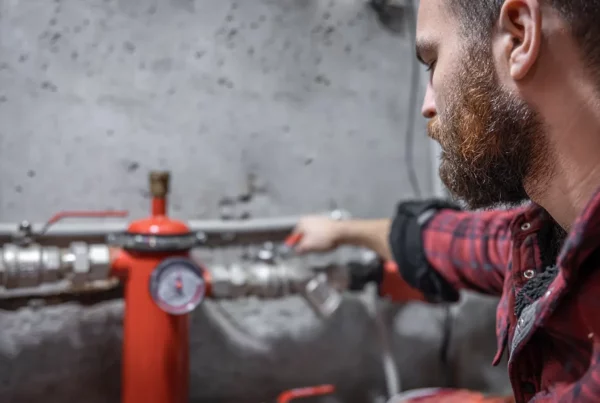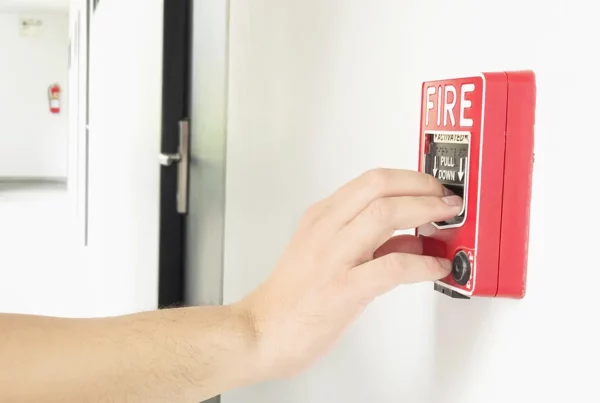
Energy is a resource of vital importance to our world today. One out of every three people on Earth uses electricity, and along with the rising demand for energy worldwide, the resources being used continue to shrink at an alarming rate. The good news is that we can do a variety of things to help conserve energy and reduce our ecological footprint even more.
14 Best ways on how you can save energy
1. Turn off unnecessary lights
It’s easy to take things for granted: lights, heat, and appliances. But if you want to reduce your energy consumption, one of the best things you can do is to figure out how much energy each device uses and turn off whatever isn’t being used.
For example, if you leave a light on at night while sleeping, that light will use more power than the light in your bathroom or kitchen. So if you’re not using that light during the day, turn it off.
Similarly, if your oven is always on (or if your clothes dryer is plugged in all day long), it’ll use more energy than it needs to. A good rule of thumb is this: if there’s no reason for an appliance to be turned on, don’t turn it on.
2. Replace your showerhead
If you have a shower head that isn’t as energy-efficient as it could be, you can replace it with a more efficient one.
Showerheads use water pressure to deliver water to your body. While this is a common practice, it’s also one that’s super wasteful of resources. Depending on the size of your showerhead and the water pressure at your home, you could use up to 30 gallons of water every hour. That’s a lot of water.
If you have an old showerhead that you’re considering replacing with a new one, feel how many gallons of water would save you each day. It might not sound like much, but it adds up over time.
3. Use natural light
You can save energy by using natural light.
You crank up your thermostat and turn on the lights when you’re in the dark. But when it’s bright outside, there’s no need to turn on the lights or heat your home as much.
So try turning off your lights when you leave a room and taking advantage of daylight whenever possible. That way, you’ll be using less electricity and helping the environment.
4. Use task lighting
If you have a lot of lighting in your home, it might be time to rethink the fixtures. Task lighting is one way to save energy.
Task lighting, a task or task lamp, is small lamps that work as task lights or accent lights. They’re often used in offices and other work areas to brighten up a room, but they can be used in homes too. Many task lamps have adjustable arms set up at different heights and angles.
They’re ideal for smaller spaces like kitchens, where there isn’t enough space for more traditional ceiling lights. They help create more light where you need it most, without wasting valuable space on your ceiling or wall.
If you’re looking for a way to save energy while still keeping your home warm and inviting, consider adding task lighting to your home.
5. Take shorter showers
Showering is the most energy-intensive part of your day, so you should think about cutting it down.
First, ensure your shower head is adjusted to the right height. This will help you get more time in the shower and save water.
Next, take shorter showers: a 5-minute shower will save more water than a 15-minute one.
Finally, invest in a low-flow toilet—they use 1/3 less water than standard toilets.
6. Unplug unused chargers
When you’re done using your phone, unplug it from the wall. This will help keep your battery from draining too fast and keep electronics from overheating.
Also, make sure to unplug any unused chargers in your home or office and keep them tucked away somewhere out of sight of children.
7. Air seal your home
Air sealing your home is one of the best ways to save energy. Air leaks can waste up to 15% of your home’s energy use, so it’s essential to seal them up as soon as possible.
Air leaks can be caused by cracks in your foundation, drafty door frames, and other small gaps around doors and windows. These can improve the efficiency of your heating and cooling system by preventing heat from escaping through these openings.
8. Insulate your home
Insulating your house is one of the best ways to save energy and money. Experts say you can save anywhere from 20% to 50% on your heating bills by insulating your home. The main reason is that insulation keeps the heat in the house rather than letting it escape through the walls and windows.
You’ll also want to insulate around doors and windows, under sinks, and other spaces where air can’t flow freely. Insulate pipes, too—this will help keep your plumbing from freezing during cold weather.
9. Programmable thermostat
Programmable thermostats are a great way to save energy in your home. They allow you to preprogram your heating/cooling schedule so that each day, week, or month is just as easy for you to plan as it is for your family members to adjust. You can set the temperature for any room in your house—even when guests visit.
A programmable thermostat will also allow you to remotely control the temperature from anywhere in the world by using an app on your smartphone or computer. If you’re away on vacation, you can still have someone else adjust the temperature at home while you’re out enjoying time with your friends and family.
10. Ceiling fan
You probably have a ceiling fan running all day in your home. This can make your home feel nice and cool, but it also uses energy.
Here are some steps you can take to save energy by using a ceiling fan:
• Set the timer, so the fan turns off after a few hours each day.
• Use the fan only when needed. Don’t run it all night long or on hot days.
• Ensure there is enough space above you for air circulation and that there are no other sources of air movement nearby (like vents in walls). Also repair the ceiling fan and maintenance every once in a while.
11. Ditch the desktop computer
You can save energy by ditching your desktop computer and using a laptop. These computers are lighter, more portable, and less bulky than old-school models. They also have a much smaller power draw than their larger counterparts.
If you have a desktop computer, ensure it has an energy-efficient processor and monitor.
12. Hang dry your laundry
You don’t have to sacrifice style when saving money on energy bills. You can get both style and efficiency by hanging your clothes to dry.
By hanging your clothing outside, you’ll be able to save the energy needed for heating or cooling your home. The more air that passes over the fabric, the more power it takes to do so. By hanging your clothes outside, they will dry faster and require less energy than if they were dried inside.
This is because outside air contains low humidity and a higher proportion of oxygen than indoor air does. This helps dry out clothes faster than when they are first placed in a dryer.
13. Use double glazing door
If you’re looking to conserve energy, double glazing is one of the easiest ways to do so. Double glazing is a great way to keep your home warm in winter and cool in summer while also cutting down on noise and letting in more light.
Double glazing can be especially useful if you live in an old building or apartment with no central heating, as it will help you keep your home warmer during the colder months. It’s also a great idea if you have a window that faces south and gets very little sunlight—double glazing can help provide extra insulation for this area of your home.
In addition to keeping your home warmer, double glazing can also reduce your energy bills by up to 50%.
14. Use LED lights
LED lights are the future of lighting. They’re more efficient, use less energy and last longer than standard light bulbs. Plus, they’re pretty great to look at.
You can save money by using LED lights in your home. They use less electricity than conventional light bulbs and have a longer lifespan—meaning that you’ll pay less over time to keep them lit up. They’re also better for the environment because they don’t contain mercury or other hazardous substances like traditional light bulbs.
LEDs aren’t just good for your wallet; they also make your home more aesthetically pleasing with their sleek design and modern shape. They tend to be more expensive than regular light bulbs, but some models are cheaper than incandescent ones. You can find them in all shapes and sizes, so there’s something for everyone.
Conclusion
Being more energy-conscious is an innovative, easy way to save money, reduce waste and help the environment. Save your energy today by having proper light repair and installation, if you are in need of any assistance in electrical installation and maintenance contact us today to book our services.
FAQ
How can we save energy at home?
You can save energy at home by using the correct light bulb. If you need more daylight in your home, consider replacing incandescent light bulbs with CFLs and LED bulbs.
Why should I save energy?
Using less energy can help protect the environment, save money, and even help your local community.
How can we use less electricity?
Everyone can use less electricity by doing simple things like unplugging devices, turning off appliances when they are not in use, and adjusting your thermostat.
Power saving photo created by rawpixel.com – www.freepik.com









